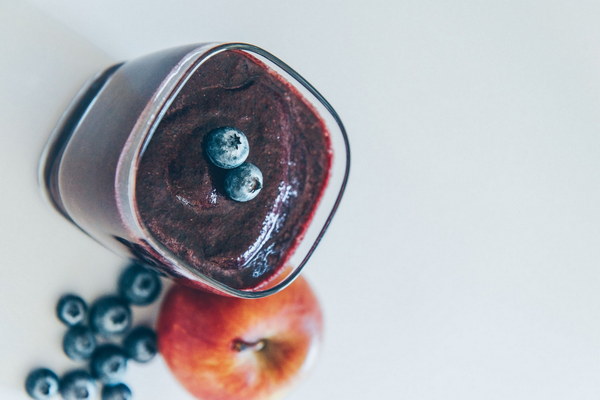Liver and Kidney Care for Those on Daily Medication Essential Tips for Health Maintenance
Introduction:
Living with chronic conditions often requires daily medication to manage symptoms and improve quality of life. However, long-term medication use can take a toll on the body, particularly the liver and kidneys. These vital organs play critical roles in filtering waste and maintaining overall health. In this article, we will discuss essential tips for liver and kidney care for individuals on daily medication, helping them maintain a healthy and balanced lifestyle.
1. Stay Hydrated:
One of the most important aspects of liver and kidney care is staying hydrated. Drinking plenty of water throughout the day helps to flush out toxins from the body, reducing the workload on these organs. Aim for at least 8-10 glasses of water daily, and adjust the amount based on your specific health needs and climate.
2. Eat a Balanced Diet:
A well-balanced diet can support the liver and kidneys in their functions. Include a variety of fruits, vegetables, whole grains, lean proteins, and healthy fats in your diet. Some foods specifically beneficial for liver and kidney health include:
- Cruciferous vegetables (e.g., broccoli, cauliflower, and kale) to support liver detoxification.
- Berries (e.g., strawberries, blueberries, and raspberries) to help protect kidney function.
- Lean proteins (e.g., fish, poultry, and legumes) to provide essential nutrients and support kidney function.
- Healthy fats (e.g., olive oil, avocados, and nuts) to promote overall organ health.
Avoid excessive consumption of processed foods, saturated fats, and sugary drinks, as these can contribute to liver and kidney damage.
3. Limit Alcohol and Caffeine Intake:
Alcohol and caffeine can strain the liver and kidneys, making them more susceptible to damage. If you consume alcohol, do so in moderation, and consider speaking with your healthcare provider for personalized recommendations. Similarly, reduce caffeine intake to a safe level, as excessive consumption can increase the risk of kidney stones and dehydration.
4. Maintain a Healthy Weight:
Being overweight or obese can increase the risk of liver and kidney diseases. Aim for a healthy weight by incorporating regular exercise into your routine and maintaining a balanced diet. Consult with a healthcare professional to determine the best exercise plan for your needs.
5. Monitor Medication Use:
Regularly review your medication regimen with your healthcare provider to ensure that the medications you are taking are necessary and appropriate. Some medications can cause liver or kidney damage, especially when used long-term. Your healthcare provider can also discuss alternative medications or dosages that may be safer for your organs.
6. Regular Check-ups:

Schedule regular appointments with your healthcare provider to monitor your liver and kidney function. Blood tests can help detect any potential issues early, allowing for timely intervention and treatment. Don't hesitate to discuss any concerns or symptoms you may experience with your healthcare provider.
Conclusion:
For those on daily medication, taking care of the liver and kidneys is crucial to maintain overall health and well-being. By staying hydrated, eating a balanced diet, limiting alcohol and caffeine intake, maintaining a healthy weight, monitoring medication use, and scheduling regular check-ups, individuals can support their liver and kidney health. Always consult with your healthcare provider for personalized advice and treatment plans.









